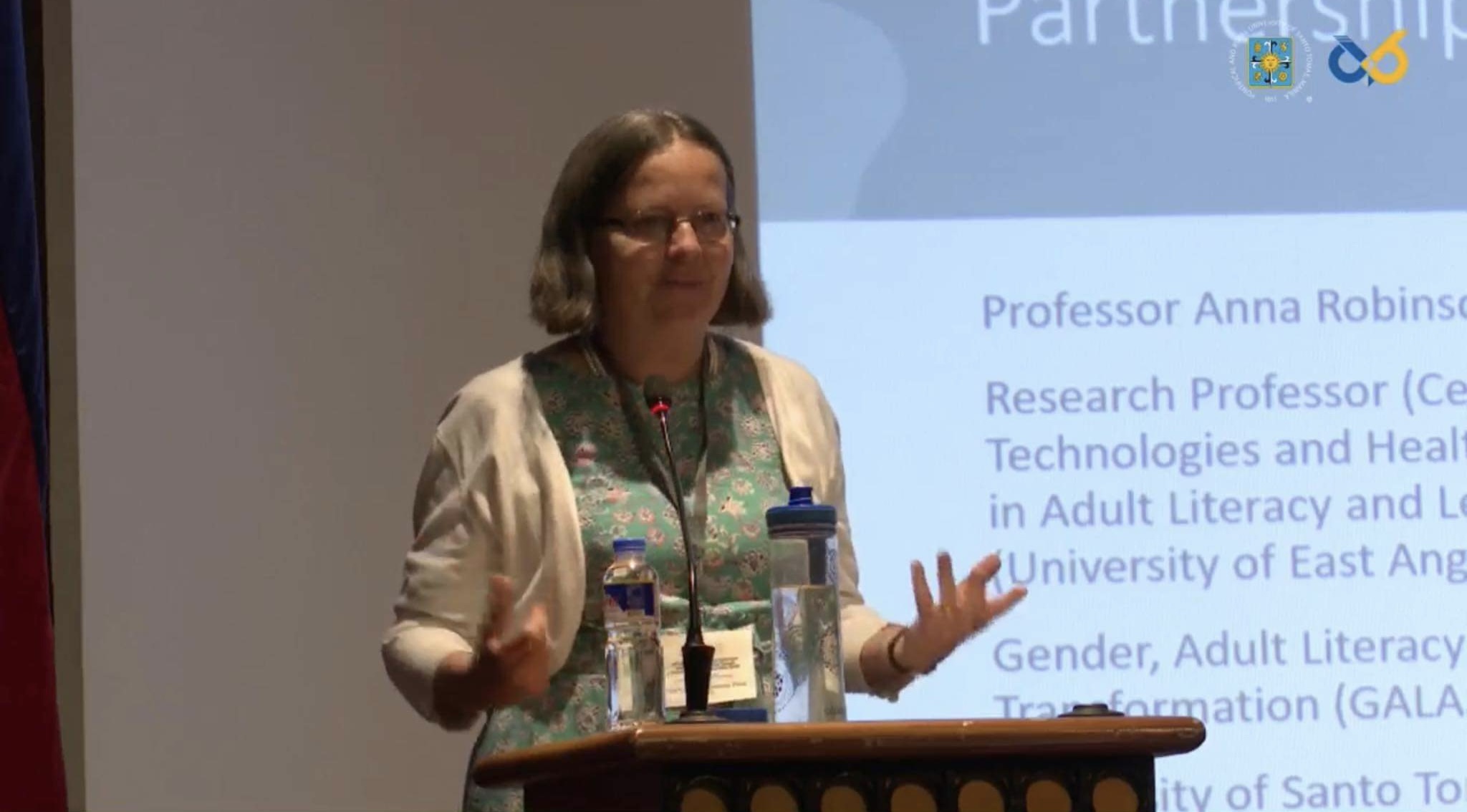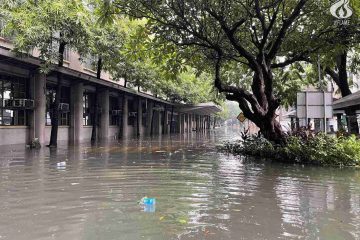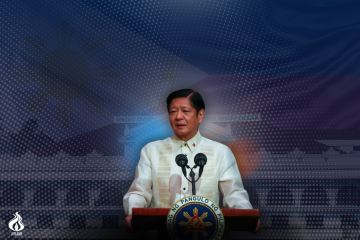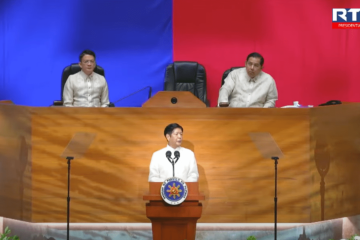
COMMUNITIES MUST be empowered to lead public health development as it would take more than just education to advance changes in the sector, a UNESCO official said.
UNESCO adult literacy chair and research professor Anna Robinson Pant said community members should be able to use their voice in intervening with public health concerns and research instead of being treated as mere objects of study.
According to her, universities and researchers should treat the people in their studies as “agents of research,” not as laboratory rats they can use to test and gather information.
“We need to start changing the hierarchies between communities and public health practitioners and universities and researchers,” Pant said.
“Education alone is not enough to facilitate social and political change. There’s a lot more that needs to be done. It’s not just about awareness; it’s about the facilities, the political situation and so on that determines what people can do in terms of their own health,” she added.
The research professor argued that the knowledge of all individuals, not just health practitioners and medical students, should also be heard by professionals.
Pant called such knowledge “self-generated literacy,” which she described as the use of personal knowledge and experiences beyond expert-provided health information.
“I think in the day now of fake news and reliance on social media, this is more important than ever to be able to distinguish what’s fact and what’s fiction,” she added.
Assoc. Prof. Bishnu Choulagai from Tribhuvan University’s Institute of Medicine noted that the lack of equal opportunities prevents citizens from fully participating in community activities. University programs often have curriculums without adequate input from the community, he added.
“Although students might achieve the objectives of the curricular learning, it looks like [the] community is used only as a learning lab. Although communities may get services, we cannot call it as [an] equal footing because providing services by the universities is still universities at a higher level and the community is considered in the lower level,” Choulagai said.
“[The realizations] should come from the community itself, not from outside experts that say ‘This is what the community needs.’”
Conference chair and UST Faculty of Medicine and Surgery professor Ma. Terese Tricia Bautista said that universities and communities could collaborate to improve public health, with universities offering expertise and resources and communities providing local knowledge, study subjects and venues.
“With the right balance of the give-and-take relationship, community leaders are hoping that university programs will be sustainable while community members are capacitated with skills and knowledge,” she said.
The third international conference on Gender, Adult Literacy, and Active Citizenship for Social Transformation was held from April 25 to 26 with the theme, “Empowering Communities through University Partnerships in Public Health.” It was a collaboration among the UST Graduate School, UST Faculty of Medicine and Surgery, UST Research Center for Social Sciences and Education, Tribhuvan University, University of East Anglia and University of Sussex.
The conference, which started in 2019, promotes teamwork among researchers, educators, policymakers, and community advocates to explore ways to improve public health.F



